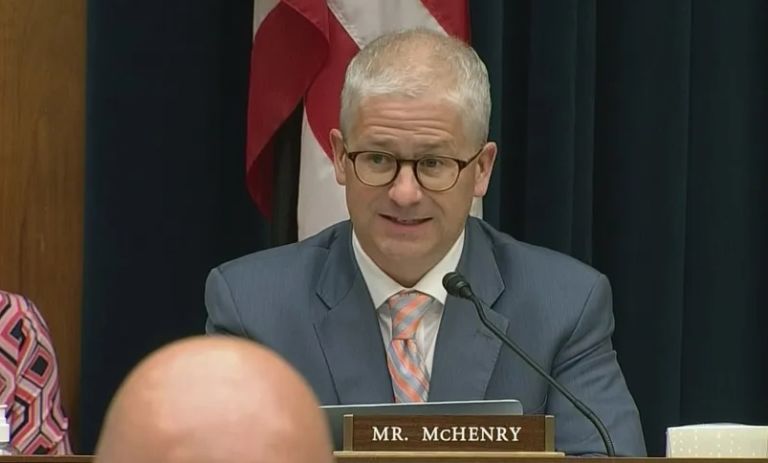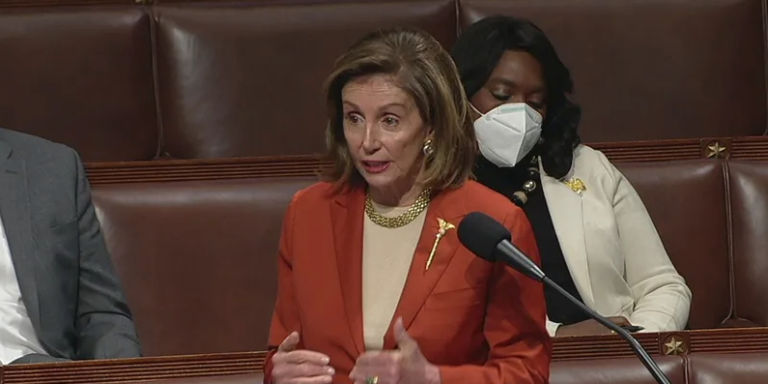Collin Anderson of the Washington Free Beacon highlights the self-interested motives of some backers of “green infrastructure” policies.
Democratic lawmakers and expert witnesses pushing President Joe Biden’s $2 trillion “green infrastructure” package stand to profit from the plan, financial records reviewed by the Washington Free Beacon show.
Biden’s American Jobs Plan requires 100 percent of U.S. electricity to come from renewable sources—including solar, wind, hydrogen, and biomass—by 2035. The provision comes as a boost to Rep. Sean Casten (D., Ill.), who holds up to a $500,000 stake in biomass company Greenleaf Power, according to his 2019 financial disclosure. The Democrat stressed the need to make “big and bold” investments in “clean energy infrastructure” in a March statement that urged the passing of Biden’s legislation but did not reveal his financial stake in Greenleaf.
Rep. Sharice Davids (D., Kan.)—who recently claimed that the American Jobs Plan would create a “smart and sustainable” economic boom—also holds up to $16,000 in clean energy utility companies, her 2019 financial disclosure reveals. Davids’s portfolio includes Fuel Cell Energy, a hydrogen energy production company that enjoyed a 9 percent stock increase after Biden unveiled his proposal in March. The legislation steers $15 billion in taxpayer funds toward “climate R&D priorities” such as hydrogen.
Senate Democrats have also recruited climate “experts” in recent weeks to bolster government investment in green energy. Former Goldman Sachs executive Bob Litterman, for example, praised the American Jobs Plan while underscoring the need to “dramatically increase the flow of capital towards investments that will reduce emissions” during a Thursday Senate Budget Committee hearing. But Litterman—who also called for a “tax on fossil fuel production”—failed to mention that he is “betting his personal cash” on a slew of investments that short carbon-based energy companies. Litterman’s investment firm, Kepos Capital, is also invested in “assets related to a rapid transition to a low-carbon economy,” according to the Wall Street Journal.


